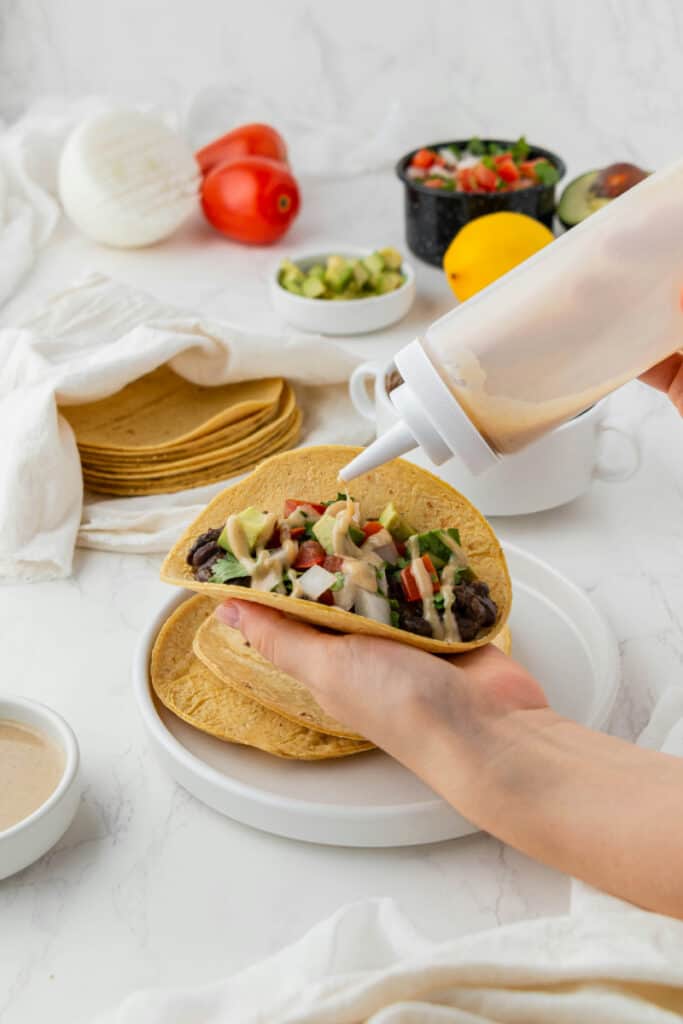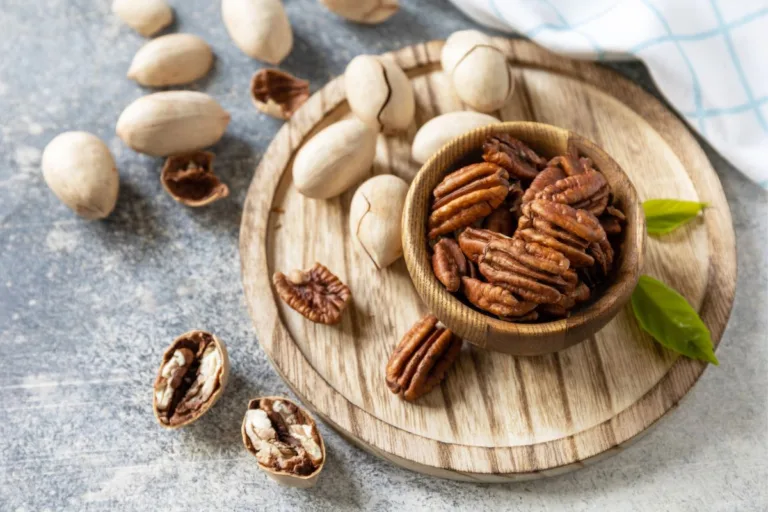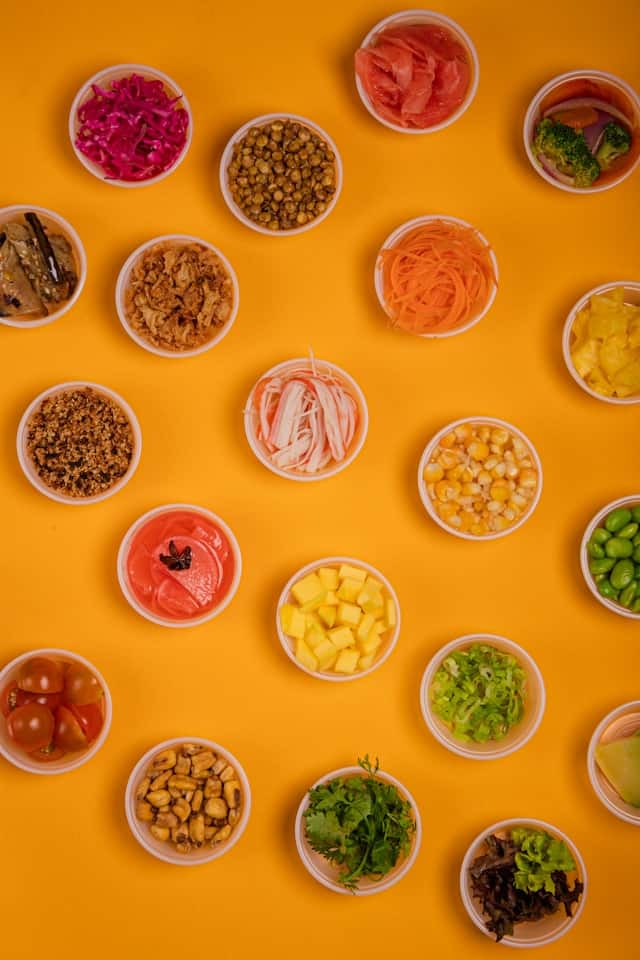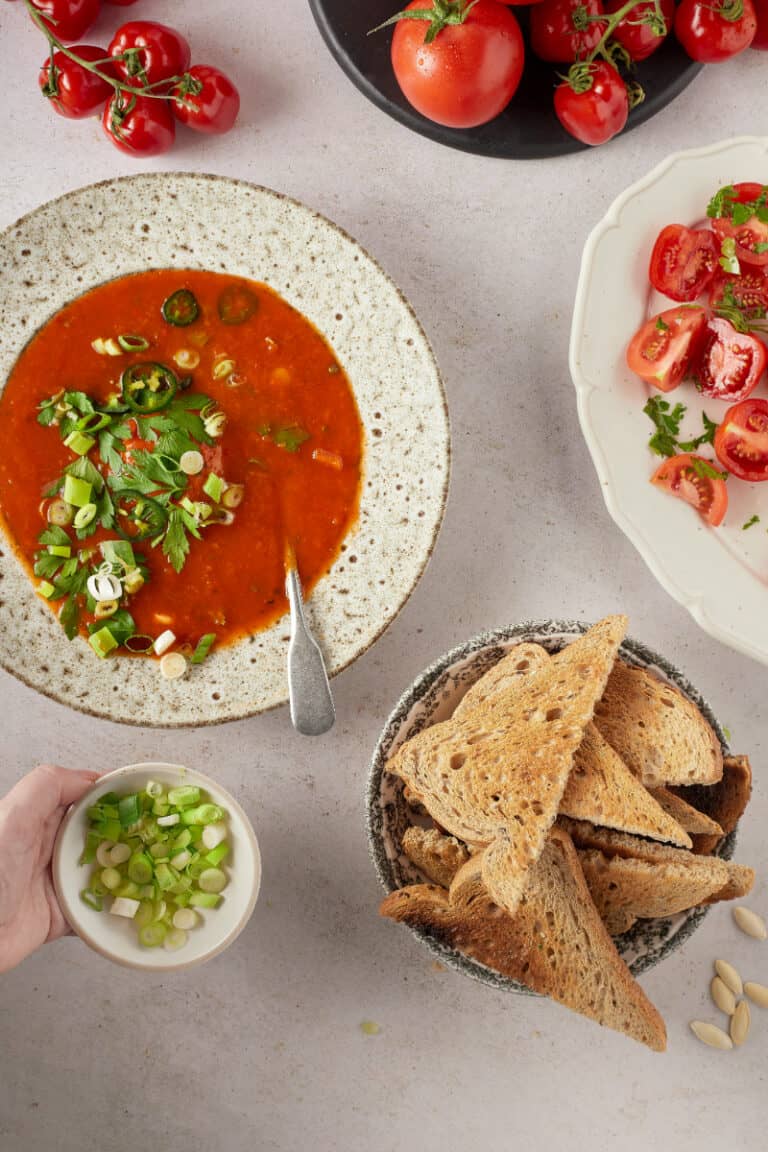Are you looking to incorporate more plant-based meals into your family’s diet? Vegan family meal planning may be the solution you need to ensure that your family is getting all the nutrients they need while enjoying delicious and satisfying meals. With the right planning and preparation, you can create a variety of tasty and nutritious meals that will satisfy even the pickiest eaters in your family.
One of the biggest benefits of vegan family meal planning is that it can help you save time and money. By planning your meals in advance, you can avoid the stress and hassle of trying to figure out what to cook each day. You can also save money by buying ingredients in bulk and taking advantage of seasonal produce. Plus, by cooking at home, you can avoid the expense of eating out and ensure that your family is getting healthy, home-cooked meals.
Another advantage of vegan family meal planning is that it can help you and your family develop healthier eating habits. By focusing on whole, plant-based foods, you can ensure that your family is getting plenty of fiber, vitamins, and minerals. This can help reduce the risk of chronic diseases such as heart disease, diabetes, and certain types of cancer. Plus, by involving your family in the meal planning process, you can help your children develop a love for healthy, nutritious foods that will serve them well throughout their lives.

Understanding Veganism
If you’re new to veganism, you might be wondering what it is and why people choose to follow this lifestyle. Veganism is a way of living that seeks to exclude all forms of animal exploitation and cruelty, including in the food, clothing, and entertainment industries. In this section, we’ll explore some of the reasons why people choose to adopt a vegan lifestyle.
Health Benefits
One of the most common reasons people choose to go vegan is for the health benefits. A well-planned vegan diet can be rich in nutrients and low in saturated fats, which can help reduce the risk of heart disease, diabetes, and some forms of cancer. Plant-based diets are also typically high in fiber, which can aid in digestion and help you feel fuller for longer.
Environmental Impact
Another reason people choose to go vegan is for the environmental impact. Animal agriculture is a significant contributor to greenhouse gas emissions, deforestation, and water pollution. By reducing or eliminating animal products from your diet, you can significantly reduce your carbon footprint and help protect the planet.
Ethical Reasons
For many people, the ethical implications of consuming animal products are the primary reason for adopting a vegan lifestyle. The meat, dairy, and egg industries are often associated with animal cruelty, including inhumane living conditions and slaughter practices. By choosing to live a vegan lifestyle, you can help reduce the demand for these products and support more ethical and sustainable food systems.
In summary, veganism is a lifestyle that seeks to minimize animal exploitation and cruelty. People choose to adopt a vegan lifestyle for a variety of reasons, including health benefits, environmental impact, and ethical concerns.
Family Meal Planning Basics
When it comes to feeding your family a healthy and nutritious vegan diet, meal planning is key. Not only does it save you time so you can spend more time answering this or that questions for the kids, but also money. It also ensures that your family is getting all the nutrients they need to thrive. Here are some basic tips to keep in mind when planning your family’s meals.
Importance of Balanced Diet
A balanced vegan diet should include a variety of fruits, vegetables, whole grains, legumes, nuts, and seeds. It’s important to make sure that your family is getting enough protein, iron, calcium, and other essential vitamins and minerals. To ensure that your meals are balanced, try to include a variety of different foods in each meal. For example, you could have a quinoa and black bean salad with avocado and cherry tomatoes for lunch, and a lentil and vegetable stir-fry with brown rice for dinner.
Incorporating Variety
Eating the same foods day after day can get boring, so it’s important to incorporate variety into your family’s meals. Try new recipes and experiment with different ingredients to keep things interesting. You could also try themed meal nights, such as Mexican Mondays or Italian Wednesdays, to add some variety to your weekly menu.
Another way to incorporate variety is to include a variety of different textures and flavors in your meals. For example, you could have a smoothie bowl with crunchy granola and fresh fruit for breakfast, a hearty lentil soup with crusty bread for lunch, and a spicy vegetable curry with fluffy quinoa for dinner.
By following these basic meal planning tips, you can ensure that your family is getting the nutrients they need to thrive on a vegan diet, while also keeping things interesting and enjoyable for everyone.
Vegan Meal Ideas
If you’re new to vegan family meal planning, it can be challenging to come up with ideas that are both delicious and nutritious. Here are some vegan meal ideas for breakfast, lunch, dinner, and snacks that are sure to satisfy everyone’s taste buds.

Breakfast Options
Breakfast is the most important meal of the day, and it’s essential to start your day with a healthy and filling meal. Here are some vegan breakfast options that are easy to make and packed with nutrients:
- Overnight oats with almond milk, chia seeds, and fresh berries
- Vegan pancakes made with whole wheat flour, bananas, and almond milk
- Tofu scramble with mushrooms, spinach, and tomatoes
- Avocado toast with a sprinkle of sea salt and black pepper
Lunch Ideas
Lunchtime can be a challenge when you’re on a vegan diet, but there are plenty of options to choose from. Here are some vegan lunch ideas that are easy to make and perfect for meal prepping:
- Vegan lentil soup with a side of whole wheat bread
- Vegan quinoa salad with roasted vegetables and a lemon vinaigrette
- Vegan black bean burgers with sweet potato fries
- Vegan sushi rolls with avocado, cucumber, and carrot
Dinner Recipes
Dinner is the perfect time to experiment with new vegan recipes and flavors. Here are some vegan dinner recipes that are sure to please everyone at the table:
- Vegan spaghetti with tomato sauce, garlic, and basil
- Vegan shepherd’s pie with lentils, carrots, and mashed potatoes
- Vegan stir-fry with tofu, broccoli, and bell peppers
- Vegan chili with kidney beans, corn, and tomatoes
Snack Suggestions
Snacking is an essential part of any vegan meal plan, but it’s important to choose healthy options that are packed with nutrients. Here are some vegan snack suggestions that are easy to prepare and perfect for on-the-go:
- Hummus with carrot sticks or whole wheat pita bread
- Vegan energy balls made with dates, nuts, and seeds
- Vegan smoothie with spinach, banana, and almond milk
- Vegan popcorn with nutritional yeast and sea salt
With these vegan meal ideas, you’ll never be short of options for breakfast, lunch, dinner, or snacks. Remember to include a variety of fruits, vegetables, whole grains, and plant-based proteins in your meals to ensure you’re getting all the nutrients your body needs.
Weekly Vegan Meal Planning
Meal planning is an essential part of maintaining a healthy vegan diet for your family. Planning your meals ahead of time saves you time, money, and effort in the long run. Here are some tips to help you create a weekly vegan meal plan that works for your family.

Creating a Schedule
First, decide on a day of the week to plan and shop for your meals. This could be a Sunday or any other day that works best for you. Once you have chosen your day, make a list of the meals you want to prepare for the week. Take into consideration your family’s preferences, dietary needs, and any upcoming events that may affect your meal planning.
Next, decide on the recipes you want to use for each meal. You can find vegan recipes online or in cookbooks. Make sure to choose recipes that are easy to prepare and use ingredients that are readily available in your local grocery store.
Finally, create a schedule for when you will prepare each meal. This will help you stay on track and ensure that you have enough time to prepare each meal.
Shopping Smart
When shopping for your vegan meals, it’s important to shop smart. Make a list of the ingredients you need for each recipe and stick to it. This will help you avoid buying unnecessary items and save you money.
Shop for seasonal produce as it is often cheaper and fresher. You can also buy in bulk for ingredients that you use frequently, such as grains, beans, and nuts.
Check out your local farmer’s market for fresh, locally grown produce. Not only will you be supporting local farmers, but you will also be getting the freshest produce available.
In conclusion, creating a weekly vegan meal plan is an effective way to maintain a healthy and balanced diet for your family. By creating a schedule and shopping smart, you can save time, money, and effort while ensuring that your family is getting the nutrients they need.
Dealing with Challenges
When it comes to vegan family meal planning, there are a few challenges you might encounter. Here are some ways to address them:
Addressing Nutritional Concerns
One common concern people have when transitioning to a vegan diet is whether they are getting all the necessary nutrients. While a well-planned vegan diet can provide all the nutrients your family needs, it’s important to pay attention to certain nutrients that are more challenging to get from plant-based sources, such as:
- Protein: Make sure your family is getting enough protein by including a variety of protein-rich foods such as beans, lentils, tofu, tempeh, nuts, and seeds.
- Vitamin B12: This vitamin is essential for a healthy nervous system and is only found naturally in animal products. To ensure your family is getting enough, consider taking a B12 supplement or eating B12-fortified foods such as plant-based milks, breakfast cereals, and nutritional yeast.
- Iron: Plant-based sources of iron are not as easily absorbed by the body as animal sources. To help your family absorb more iron, pair iron-rich foods with vitamin C-rich foods such as citrus fruits, tomatoes, and bell peppers.
Handling Picky Eaters
If you have a picky eater in your family, it can be challenging to find meals that everyone will enjoy. Here are some tips:
- Involve your family in meal planning: Ask your family members for input on what they would like to eat and involve them in the meal planning process.
- Offer a variety of foods: Offer a variety of foods at each meal, including different colors, textures, and flavors. This can help picky eaters become more adventurous with their food choices.
- Be patient: It can take time for picky eaters to try new foods. Keep offering a variety of foods and don’t give up.
Managing Time and Budget
Preparing home-cooked vegan meals can take more time than relying on processed foods from a box. Here are some tips to help you manage your time and budget:
- Plan ahead: Plan your meals for the week ahead of time and make a grocery list to avoid impulse buys.
- Batch cook: Cook large batches of food at once and freeze leftovers for later meals.
- Shop in bulk: Buying in bulk can save you money on staples such as grains, beans, and nuts.
- Use seasonal produce: Seasonal produce is often less expensive and tastes better than out-of-season produce.
By addressing these challenges, you can make vegan family meal planning easier and more enjoyable.
Conclusion
Congratulations! You have completed your vegan family meal planning journey. By now, you should have a better understanding of the benefits of a plant-based diet and how to plan and prepare delicious and nutritious vegan meals for your family.
Remember, meal planning doesn’t have to be complicated or time-consuming. With the help of online resources, you can easily find vegan meal plans, recipes, and shopping lists that fit your family’s needs and preferences.
When planning your meals, try to include a variety of whole foods, such as fruits, vegetables, whole grains, legumes, nuts, and seeds. These foods are rich in essential nutrients and can help keep you and your family healthy and energized.
Don’t be afraid to experiment with new ingredients and flavors. Vegan cooking can be fun and creative, and there are countless ways to make delicious meals without using animal products.
Finally, remember that meal planning is just one part of a healthy lifestyle. Be sure to stay active, get enough sleep, and take care of your mental health as well. By making small changes over time, you can create a healthier and happier life for you and your family.





